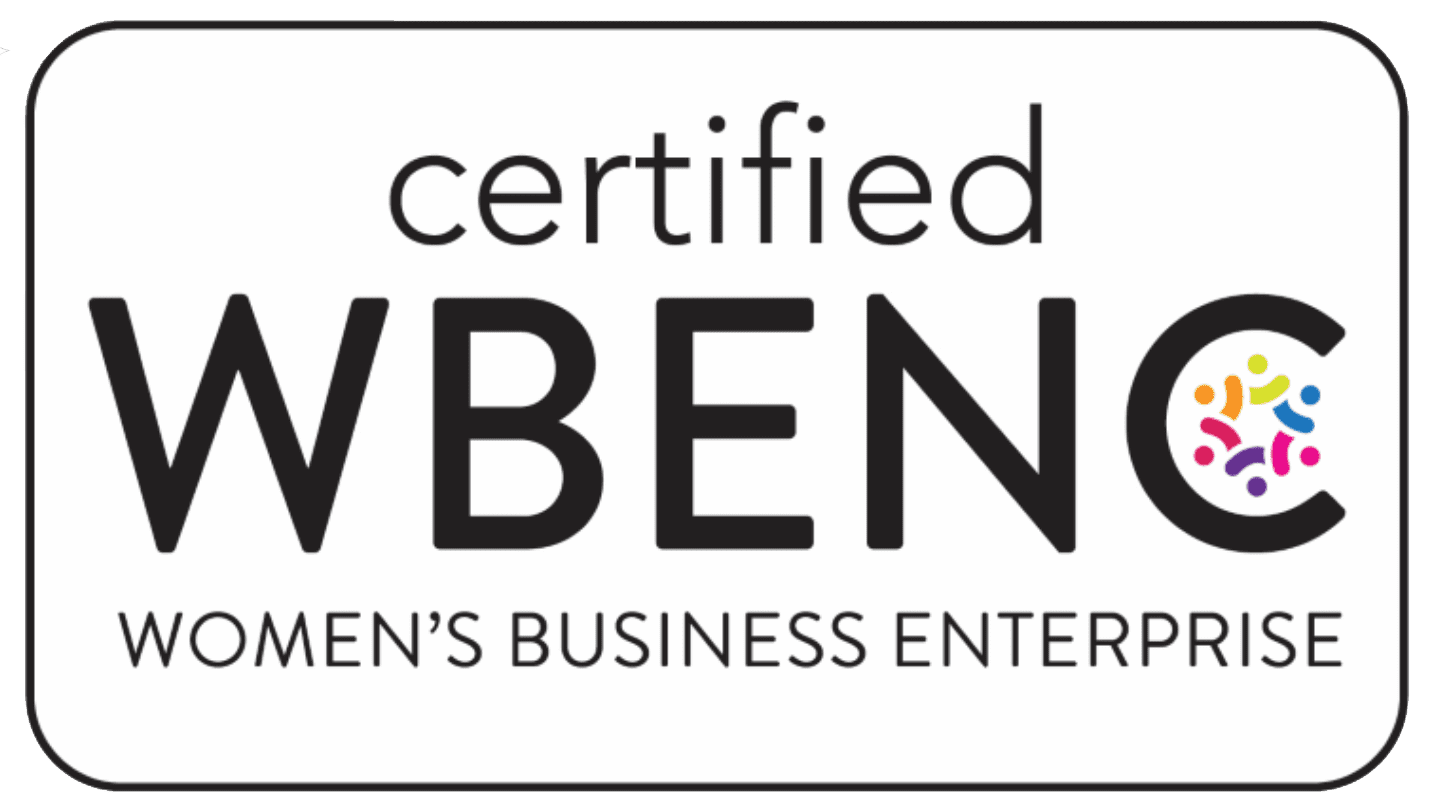Exploring Pre Employment Testing Options: What, When, and Why
A growing number of companies today, from large multinationals to small businesses, are using pre employment testing to improve their odds of filling jobs with the best candidate the first time. After all, hiring people requires quite an investment of both time and money, an investment that companies stand to lose if they get it […]
Implementing an Effective Transitional Duty Program in Your Company
Implementing a well-designed, effective transitional duty program in your company is a winning proposition for everyone, beneficial for both your employees and your business. So what, exactly, does an effective program consist of? Helpful guidelines on best practices for these programs are offered by a variety of insurance and risk management professionals. Here is an outline […]
How to Reduce the 5 Most Common Construction Industry Injuries
The construction industry is one of the most hazardous industries in terms of serious work-related injuries, lost work time, disability, and on-the-job fatalities. According to the Bureau of Labor Statistics, 856 worker fatalities occurred in the construction industry in 2013, accounting for more than 20 percent of total worker fatalities. OSHA reports that 3.8 of […]
How Pre Employment Testing Can Decrease Employee Turnover
Every employer is concerned about employee turnover. Losing employees hurts business no matter what sort of industry you’re in. Productivity falters, as does morale in the workplace – especially if that workplace is left understaffed. These factors can have far-reaching effects on everything from workplace safety and efficiency to employee and customer satisfaction and ultimately, […]
Communication is Key in Workers’ Comp Cases
Communication is essential when it comes to resolving workers’ compensation cases as quickly and efficiently as possible. In fact, comprehensive case management – which requires effective communication between all parties involved – is nearly as important as the extent and severity of injury in determining how long an injured employee will take to recover and […]
The Effect of Physical Therapy Programs on Employee Recovery
Return to work programs, designed to facilitate speedy returns to productivity for employees after workplace injuries, are quickly becoming the standard in American companies. Physical therapy programs are often an integral part of an employee’s return to work plan, services that may be offered on-site as workplace therapy and rehabilitation programs – a practice that […]
Failed Return to Work Cases: How Should You Handle Them?
Transitioning back into the workplace after a serious on-the-job injury or illness can be a difficult, frustrating, and often stressful process. From false starts, where an injured worker returns too early only to become overwhelmed and leave again, to situations where an injured worker is judged fit for duty but disagrees with the assessment, a number of […]
Why You Can’t Afford to Ignore Even Minor Workers’ Comp Injuries
When the topic of workplace injuries comes up, the discussion typically centers on serious injuries – the ones that really cost employees in terms of pain, missed work time and potential long-term disability, not to mention and employers workers’ comp claims, lost productivity and other costs. While those big, serious injuries certainly are attention grabbers, […]
How Successful Companies are Using Pre Employment Testing Today
While pre employment testing has been on companies’ radar for a while, it has become a more recognized (and popular) method of building a great workforce today. From assessing everything from personality to integrity, cognitive aptitude to emotional intelligence, to communication skills, basic mathematics and physical abilities, these tests can tell an employer a lot about a potential candidate, going […]
What Are Transitional Duty Programs?
Transitional duty programs are an important component of effective return to work programs and are designed to help an employee who has suffered injury or illness transition back into the workforce as quickly and safely as possible.These programs have been shown to be beneficial to recovering employees and their employers. Here we’ll get into the […]


